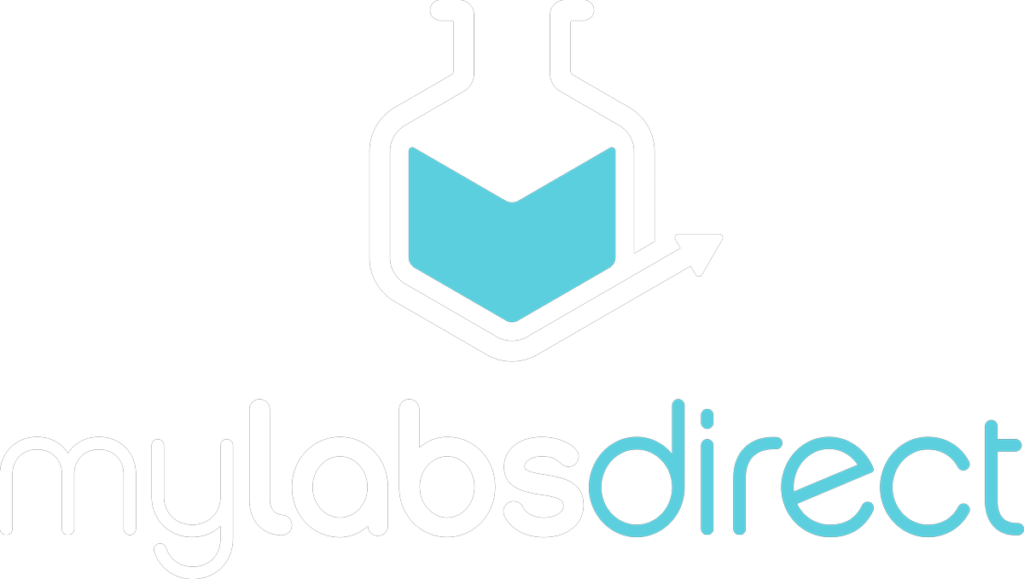The Ultimate Guide to Family Health: Tips for a Happy, Healthy Home

Maintaining family health is essential for ensuring happiness and well-being. From balanced diets to regular exercise and mental wellness, there are numerous facets to consider. This comprehensive guide will help you navigate the key areas of family health to create a thriving home environment.
- Balanced Nutrition for the Whole Family
Importance of a Balanced Diet A balanced diet is crucial for maintaining energy levels, supporting growth, and preventing chronic diseases. Ensure your family’s diet includes a variety of fruits, vegetables, whole grains, lean proteins, and healthy fats.
Tips for Healthy Eating:
- Meal Planning: Plan meals ahead to ensure nutritional balance.
- Involve Kids: Encourage children to participate in grocery shopping and cooking.
- Limit Sugary Snacks: Opt for healthier alternatives like fruits, nuts, and yogurt.
Resources:
- ChooseMyPlate.gov for balanced meal guidelines.
- American Heart Association for heart-healthy recipes and tips.
- Regular Physical Activity
Benefits of Exercise: Regular physical activity helps in maintaining a healthy weight, reducing stress, and improving overall health.
Exercise Tips for Families:
- Family Activities: Engage in activities like biking, hiking, or swimming together.
- Daily Routine: Incorporate physical activities into daily routines, such as walking or playing outside.
- Sports and Classes: Encourage children to participate in sports or dance classes.
Resources:
- CDC Physical Activity Guidelines for recommended activity levels.
- YMCA for family-friendly exercise programs and sports.
- Mental Health and Emotional Well-being
Understanding Mental Health: Mental health is as important as physical health. Addressing emotional needs and stressors is crucial for family harmony.
Promoting Mental Wellness:
- Open Communication: Foster an environment where family members feel comfortable discussing their feelings.
- Stress Management: Practice mindfulness, meditation, and relaxation techniques.
- Professional Help: Seek counseling or therapy if needed.
Resources:
- MentalHealth.gov for information on mental health conditions and resources.
- NAMI for support and resources for mental health issues.
- Preventive Health Care
Regular Check-ups: Routine health check-ups can help detect and prevent health issues early.
We recommend using My Labs Direct’s At-Home Test Kits to easily manage your regular health screenings from the comfort of your home.
Healthy Habits:
- Hand Hygiene: Teach proper handwashing techniques.
- Sleep Hygiene: Ensure adequate sleep for all family members.
Resources:
- CDC Preventive Health for guidelines on preventive health care.
- WebMD for general health information and tips.
- Creating a Safe Home Environment
Home Safety Tips:
- Childproofing: Ensure your home is safe for children by securing furniture and keeping hazardous substances out of reach.
- Emergency Plans: Have a plan in place for emergencies, including first aid kits and emergency contact information.
Resources:
- Safe Kids Worldwide for child safety tips and resources.
- Red Cross for emergency preparedness and safety tips.
Promoting family health requires a holistic approach, encompassing balanced nutrition, regular physical activity, mental wellness, preventive care, and a safe home environment. By following these tips and utilizing available resources, you can foster a healthy, happy home for your family.
For more information and resources on family health, visit:

